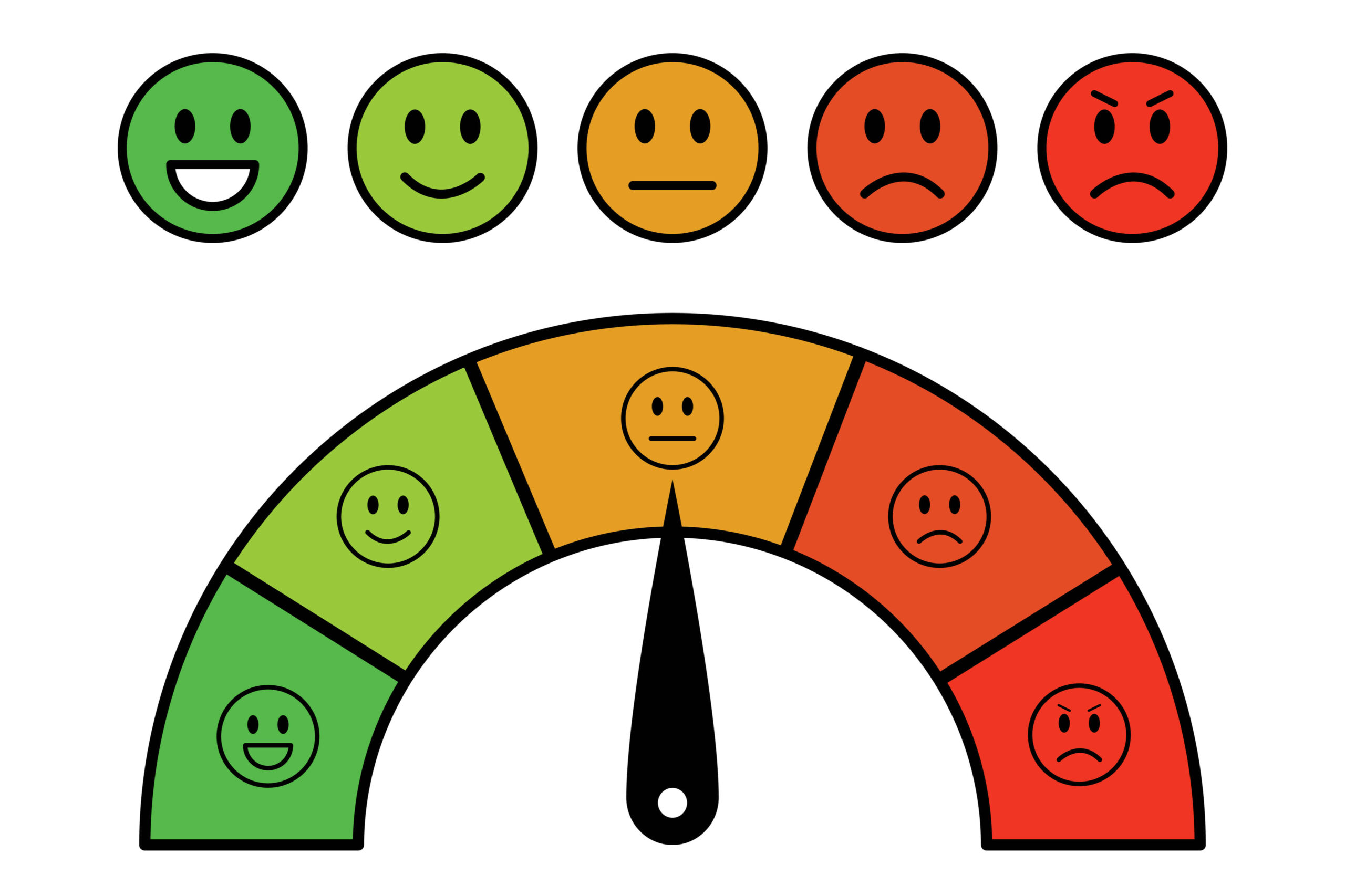Effectiveness of written emotional disclosure interventions for eating disorders: A systematic review and meta-analysis
People’s health and well-being are greatly impacted by eating disorders. Written emotional disclosure has emerged as a therapeutic approach that may help patients adjust emotionally and psychologically. However, it remains uncertain how beneficial written emotional disclosure is for those with eating disorders. Through a systematic review and meta-analysis, this study by Wang et al. (2024) seeks to evaluate the efficacy of written emotional disclosure in the treatment of eating disorders. The objective of this study was to evaluate the validity of written emotional disclosure as an intervention for eating disorders and to provide guidelines for managing eating disorders in patients. Researchers developed inclusion and exclusion criteria based on the PICOS principle and systematically searched English-language databases, including PubMed, Web of Science, Medline, Cochrane Library, EBSCO, CINAHL, and Embase (up to December 2023) for randomized controlled trials. Thirteen randomized controlled studies with 1,444 people were included in the review. It was discovered that the written emotional disclosure intervention decreased internalization of the slim ideal, body dissatisfaction, and eating disorder symptoms. However, no significant changes were observed in anxiety, depression, and negative affect. The authors conclude that this systematic review showcases how written emotional disclosure interventions can help reduce eating disorder symptoms and improve body image, but it is less effective for addressing depression, anxiety, and negative affect. More study is required to fully comprehend the potential of written emotional disclosure in treating eating disorders, given the paucity of existing data. [NPID: Written emotional disclosure, expressive writing, eating disorders, body image, meta-analysis]
Year: 2024
 Navigation
Navigation







